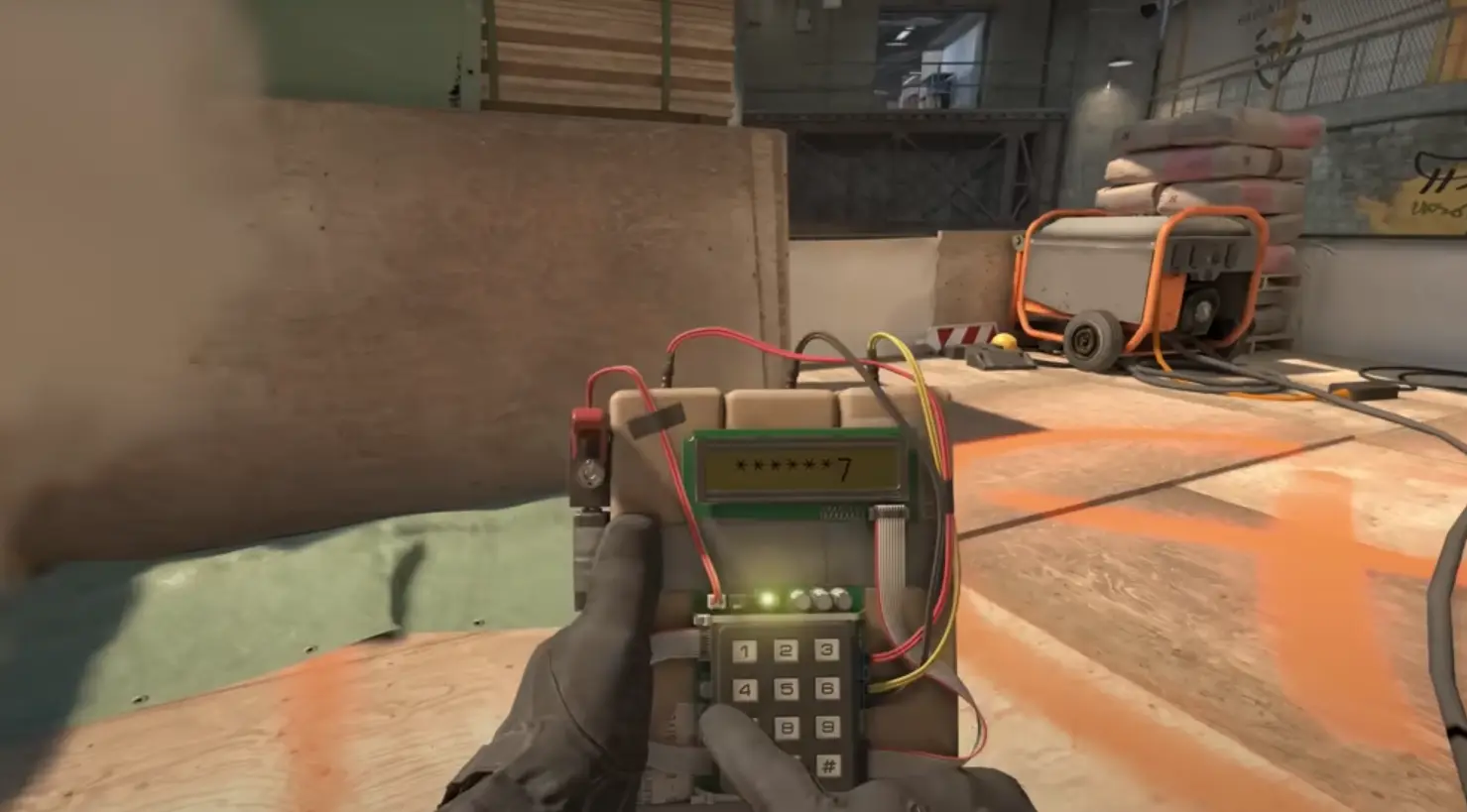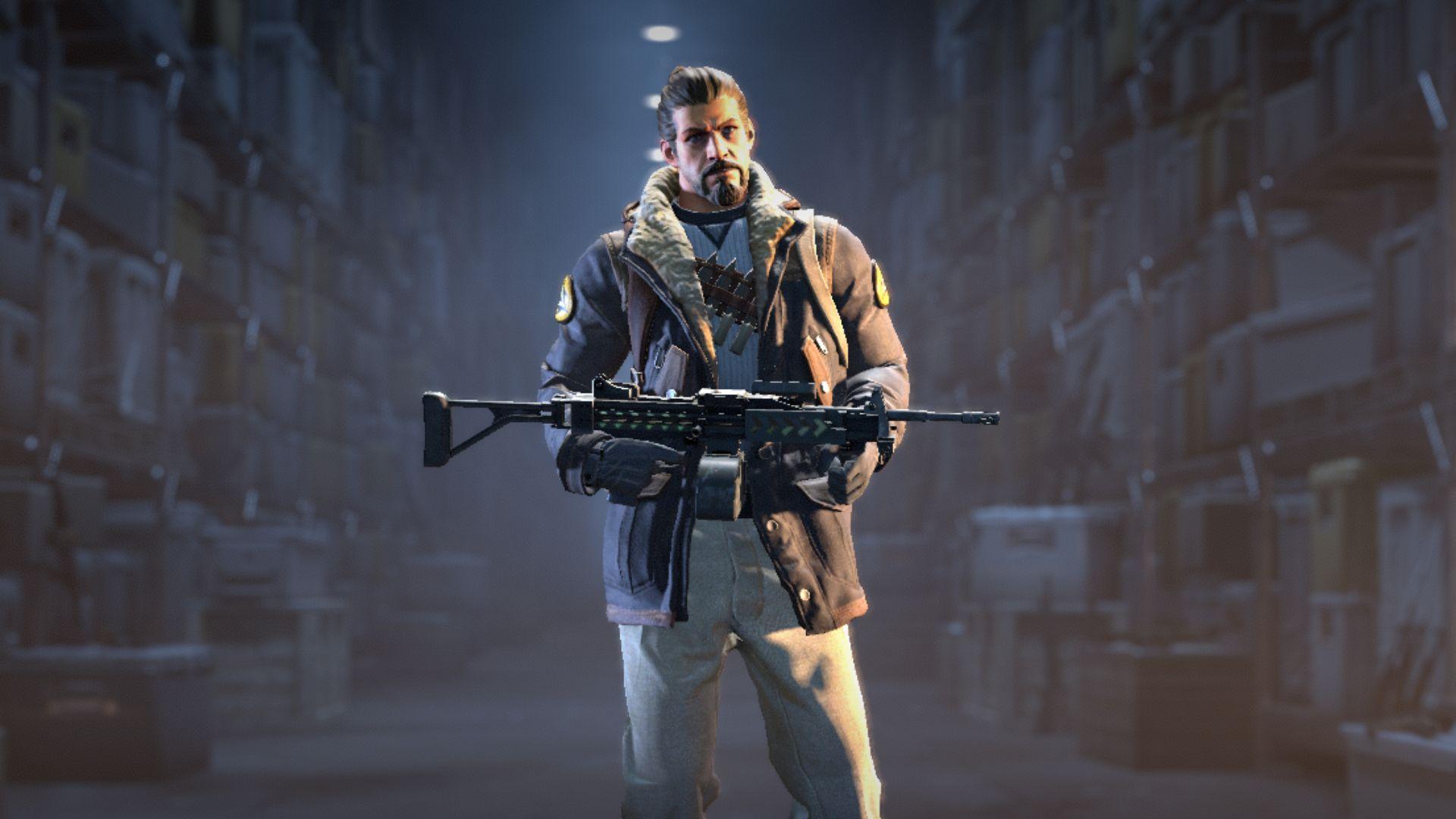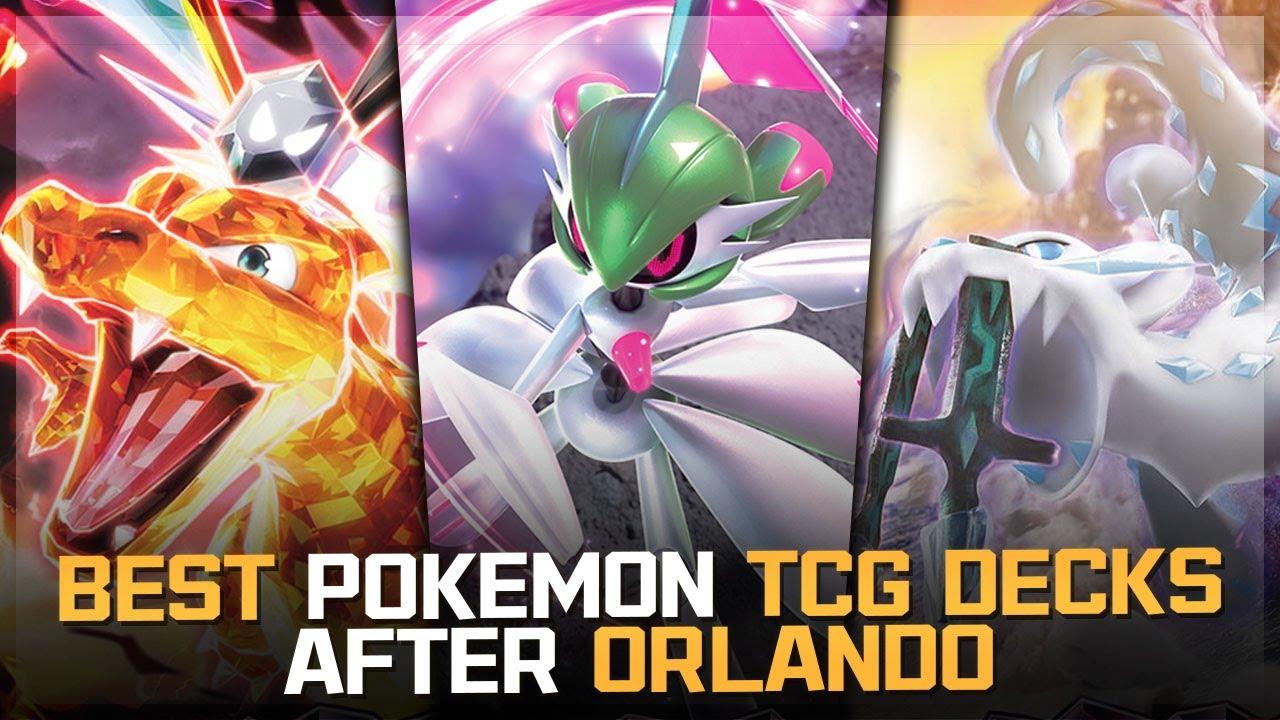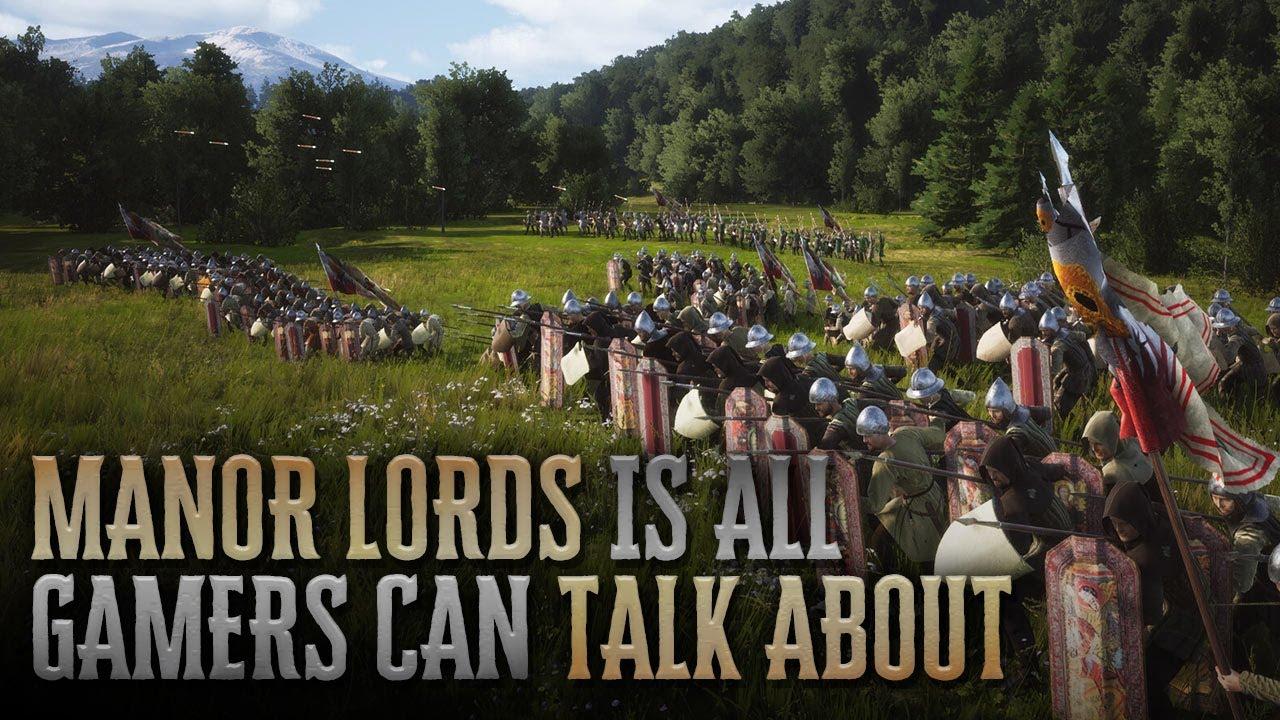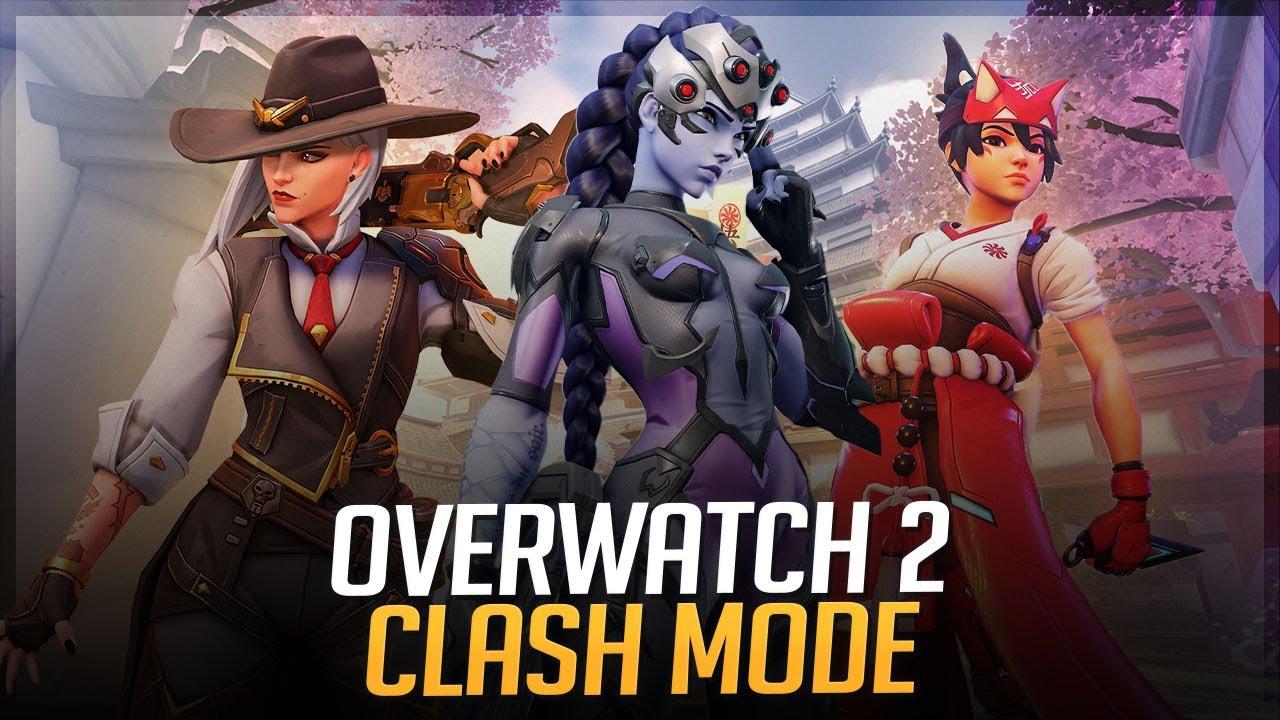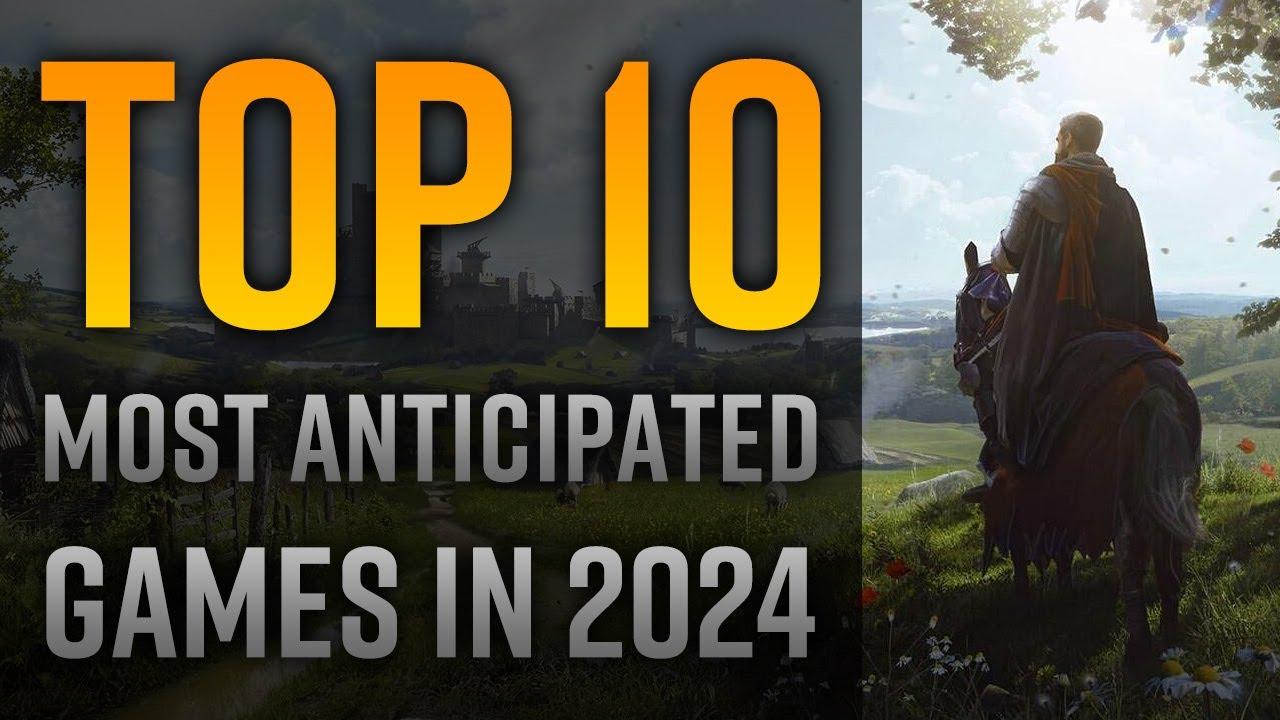Counter-Strike
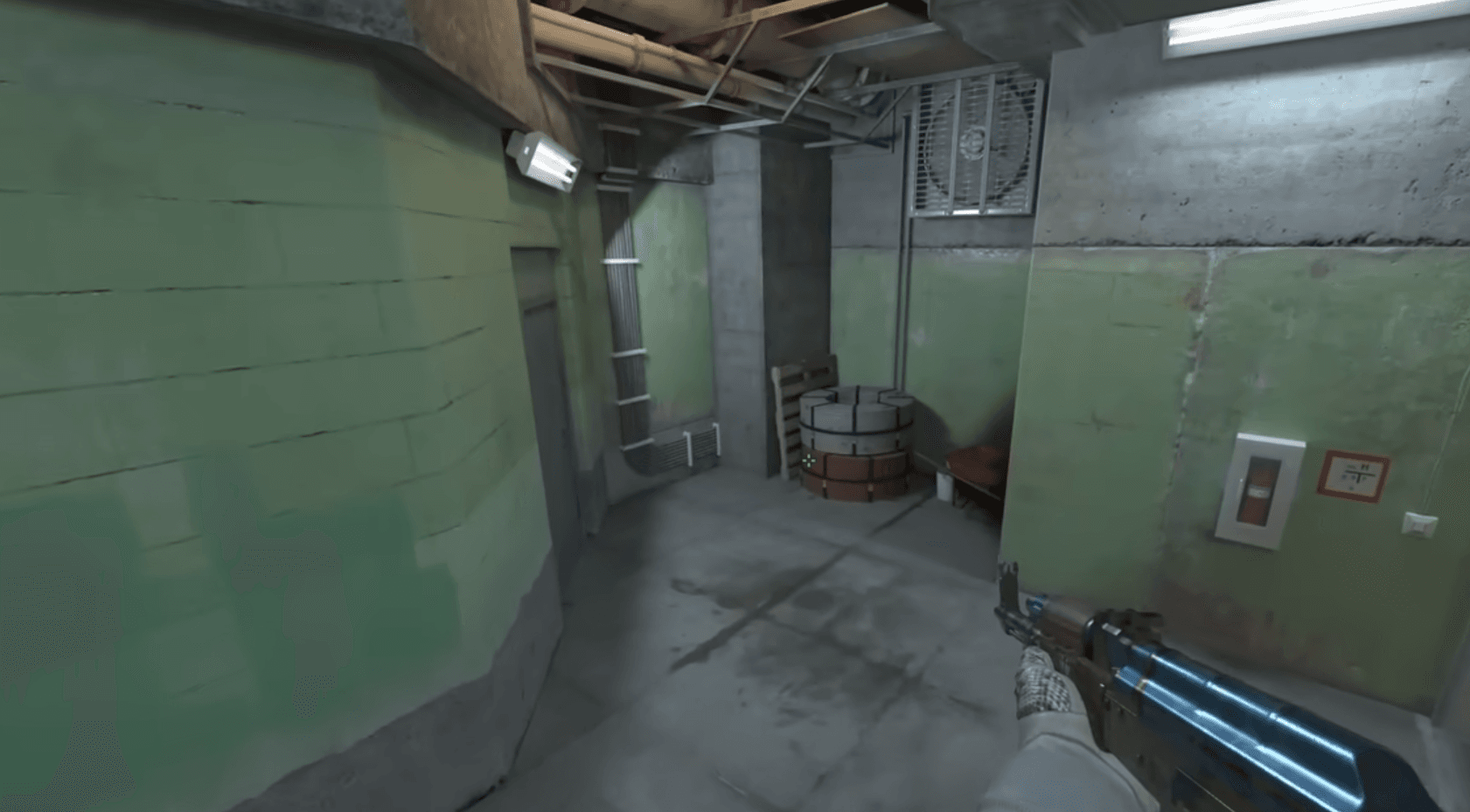
Is CS2 down? How to check CS2 server status
It could be Valve’s weekly scheduled maintenance.
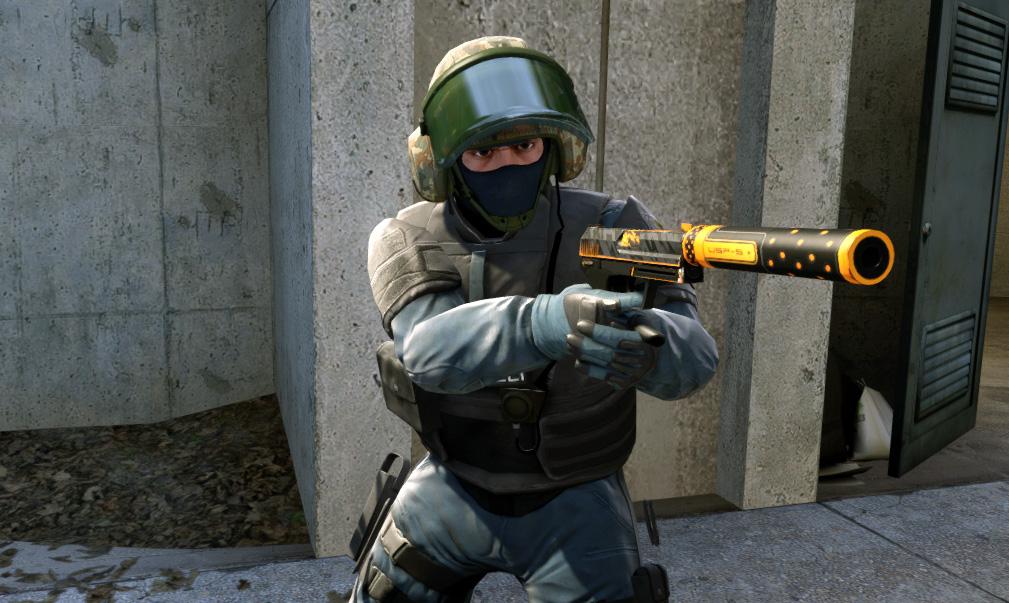
These are the best CS2 cases to open in 2024
*Fingers crossed*
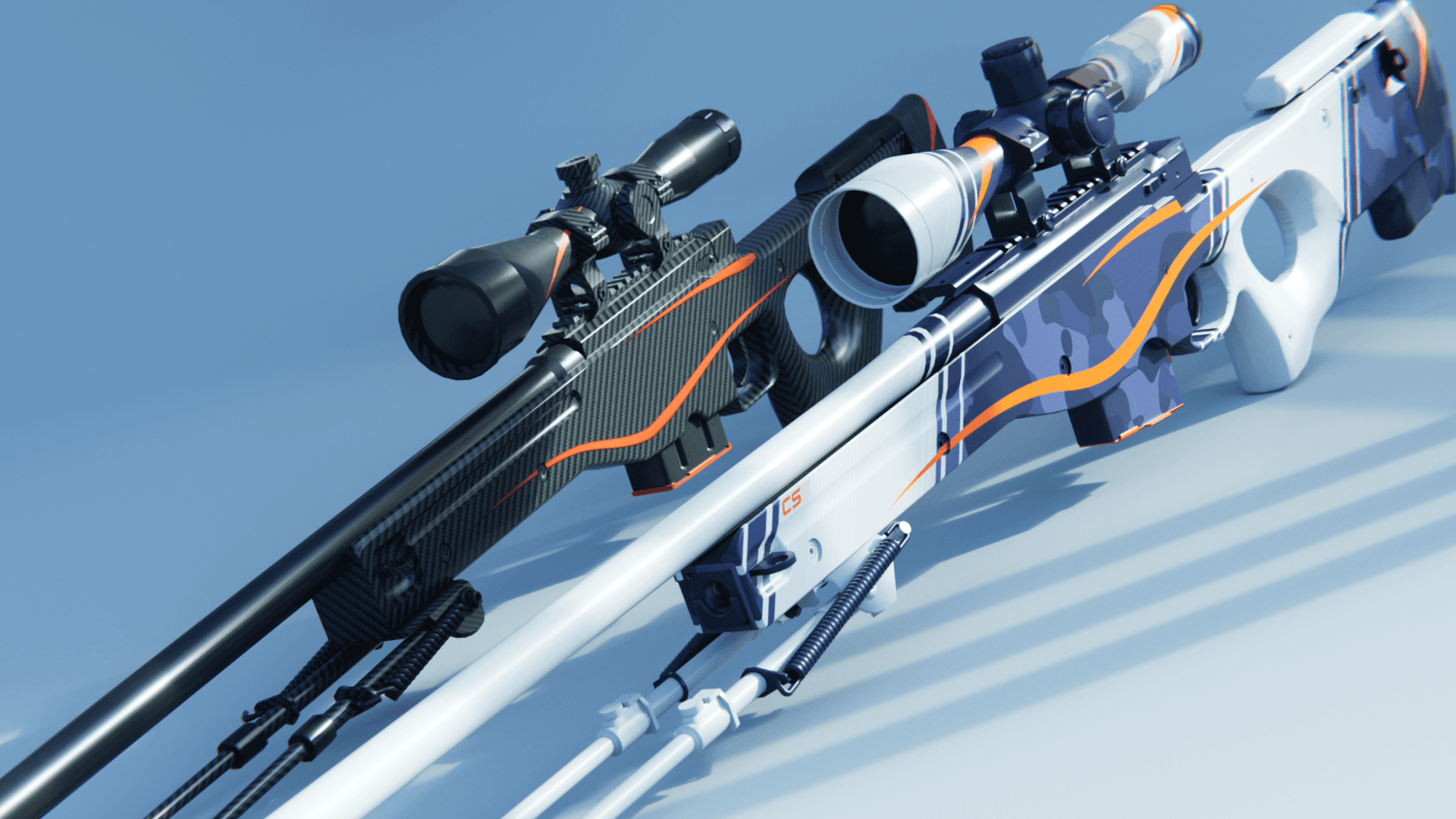
What are the most valuable skins in CS2 in 2024
The top 5 most expensive skins!
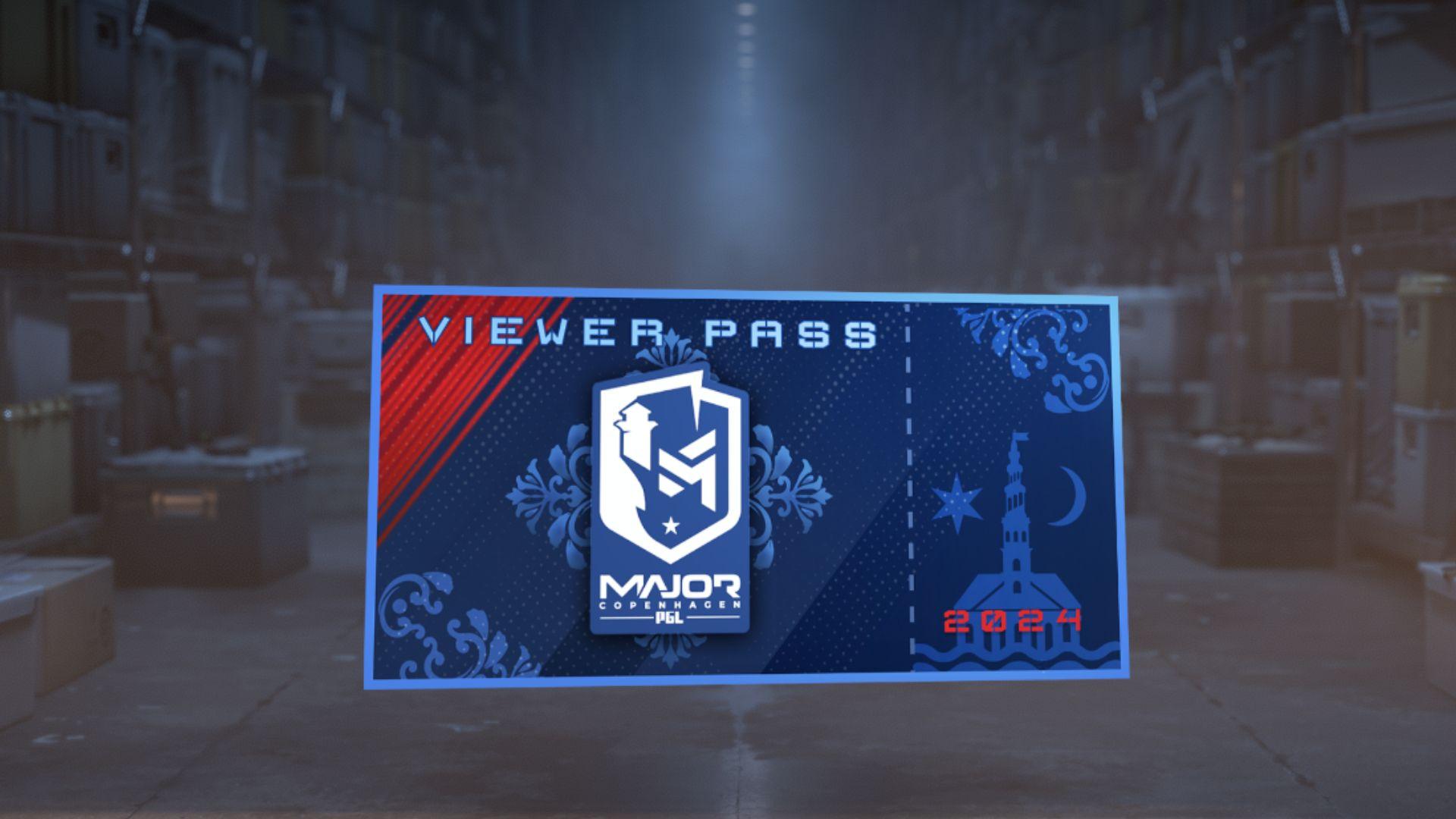
PGL CS2 Copenhagen Major 2024 Viewer Pass explained
Keep upgrading those coins.

Strange CS2 bug makes players miss easy jumps
You’re not bad. It’s a bug.
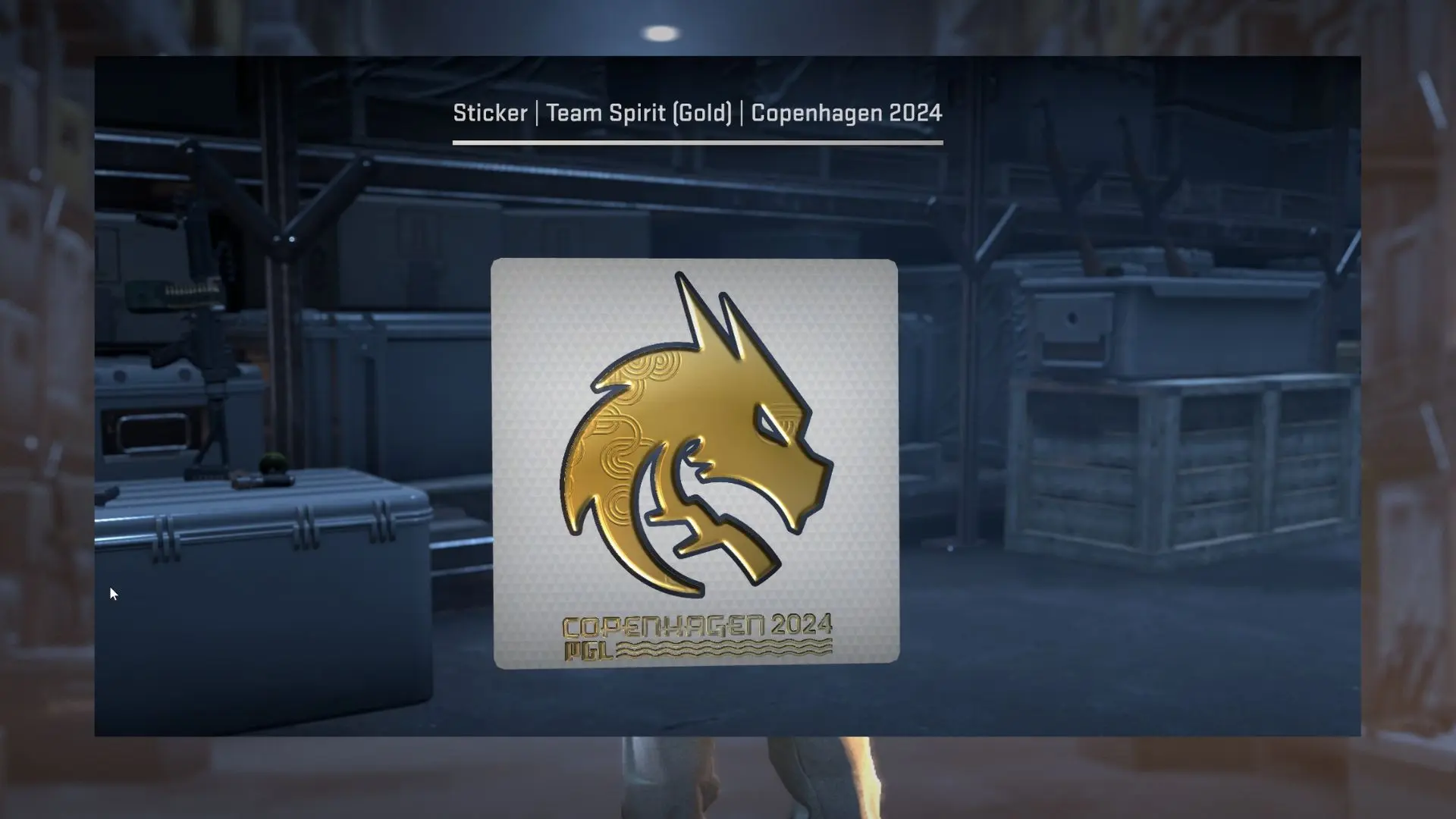
CS2 players unhappy with Copenhagen Major 2024 stickers
They look too familiar.
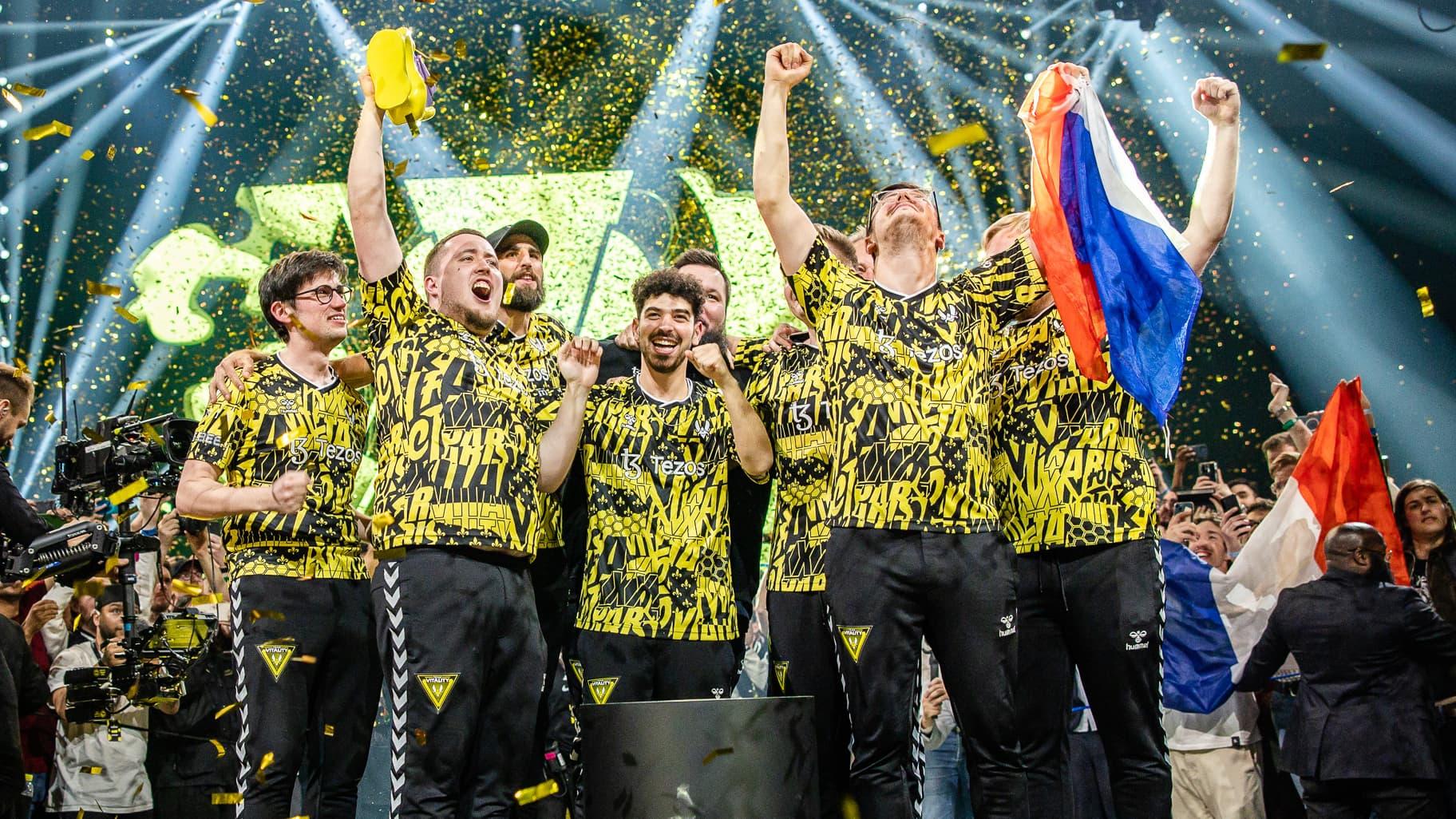
Rewind: Team Vitality’s triumph at BLAST Premier World Final 2023
The unforgettable victory.
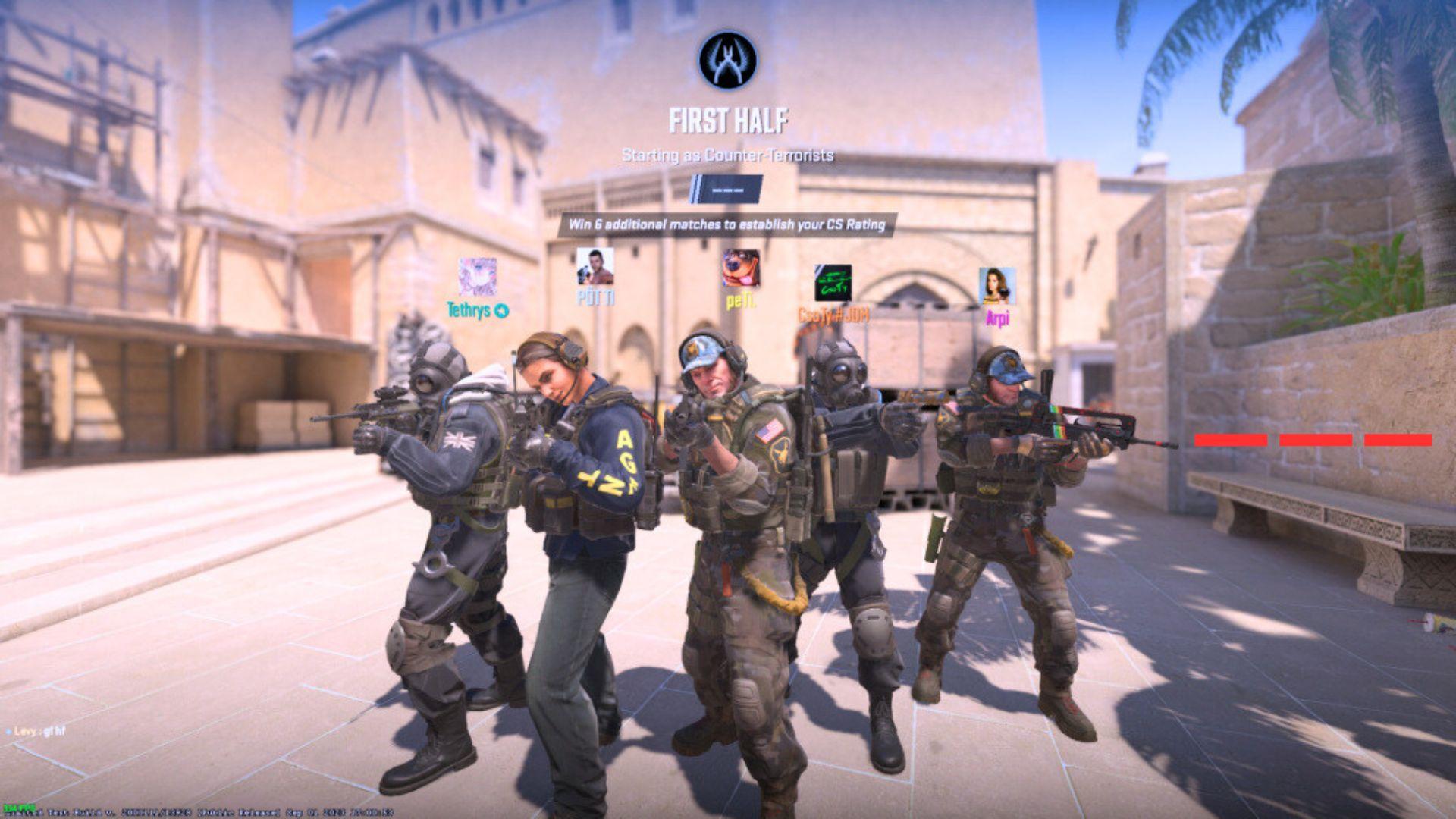
All the CS2 agent skins in 2024
Here are all the skins released so far.
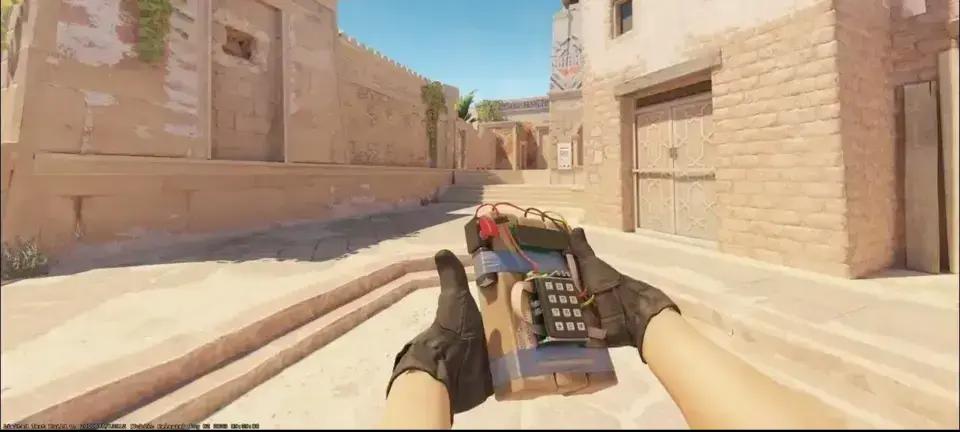
How to enable net graph in CS2
The old command doesn’t work, but you can still turn it on.
Everything you should know about Counter-Strike in 2023
Counter-Strike is still going strong in 2023 thanks to its bustling competitive scene, massive player base, and eye-catching skin economy.
Counter-Strike: Global Offensive currently sets the standard for multiplayer tactical shooters. It can trace its roots to the earliest days of competitive gaming, and the original CS set multiple standards for online functionality, game modding, developer recognition, competitive play, and more. If you’re just now getting into Counter-Strike in 2023, there are more than two decades of history to look back on. Here’s everything you need to know about Valve’s international-recognized shooter.
How does Counter-Strike gameplay work?
Counter-Strike invented the tactical shooter genre, a type of first-person shooter that focuses on careful, controlled play punctuated by bursts of instant action.
In its current incarnation, Counter-Strike is a five-on-five round-based shooter. The goal for each round is to kill all the players on the enemy team, but each side also has an alternate objective that can end the round in its favor. The Terrorist side aims to plant a bomb at one of two predetermined bomb sites on the map. They must then defend the bomb as it ticks down. The Counter-Terrorist team must prevent the bomb plant, but if it goes down, they must then scramble to defuse it before time runs out. No matter the outcome, the situation then resets until one team wins 16 total rounds.
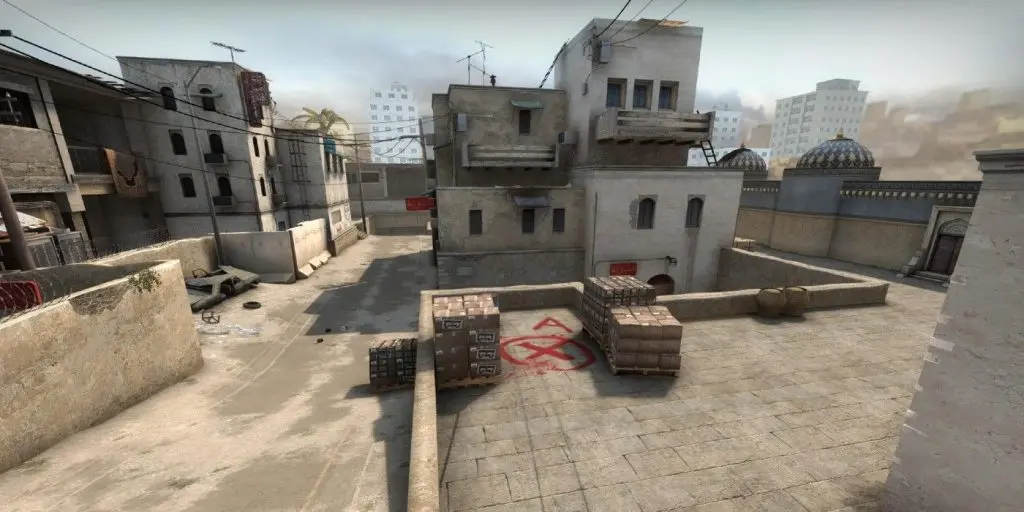
At the start of each round, players purchase weapons and equipment using money earned from previous rounds. The buy phase adds a tactical and economic level to the game. Money is rewarded to each player for getting kills, accomplishing objectives, winning rounds, and more. Players sometimes choose to purchase inferior but cheap weapons to save up for better guns later in the game. This sometimes results in fully-equipped mowing down an enemy squad that’s using nothing but free pistols.
In addition to its central game mode, Counter-Strike also has tons of alternate ways to play. There are modes like Wingman and Retakes that simulate specific in-game situations. There are also more silly modes like Flying Scoutsman, where players wield low-powered snipers in reduced gravity. There are also plenty of community-created game modes like surf, which abuses the game engine to create fast-paced obstacle courses.
The history of casual and competitive Counter-Strike
Counter-Strike 2 is only the latest version of CS, which can trace its legacy all the way back to 1999.
The first version of Counter-Strike was a mod for Half-Life. The game was almost completely different from what CS fans know today, and it was typically played using custom rulesets on maps made by the community. However, Valve quickly noticed the potential of the game and purchased the rights to it in 2000. The game was almost instantly given a physical release. The original CS was even ported to consoles starting in 2003.
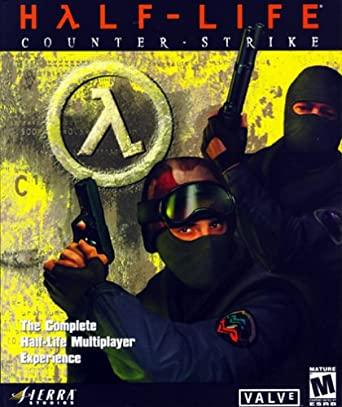
However, Valve made the controversial decision to remake the game in the company’s new Source engine in 2004. This version essentially split the player base into two camps, those who played the Source version of the game and those who stuck with the original on update 1.6. There were several major gameplay changes between the two versions, but that didn’t stop both from hosting large casual player bases and dedicated competitive communities.
The split was finally resolved in 2012 with the release of Global Offensive. While still on the Source engine, Counter-Strike: Global Offensive was designed to update the game to the modern era with improved graphics and increased development capabilities. CSGO is when the game would reach a new peak, as it remains one of the most popular video games in the world, with constant record-breaking player counts in 2023.
CSGO skins are a massive deal
If there’s one thing you already know about CSGO, it’s probably related to the skins.
Counter-Strke: Global Offensive introduced a lot more than just fancy graphics and customizable content. It also introduced skins, which have taken the gaming and finance world by storm. Players can collect digital cosmetics for their guns, knives, gloves, characters, and more, and since the majority of these items can be traded on the Steam market, they have real-world value outside of the game.
With some exceptions from majors and operations, CSGO skins are generated by players opening randomized loot boxes call cases. These cases each contain a set of gun skins in escalating rarity, going from blue to purple to pink to red. Each rarity has its own rules for how skins are supposed to look, with higher rarities becoming flashier and flashier. Cases cost real money to open, and most players also purchase the cases from other users through the Steam market.
While gun skins range from just a few cents to hundreds of thousands, knives start out expensive. These skins affect players’ melee weapons, and unlike gun skins, they affect both the colors and model of the weapon. Knife skins are the rarest possible thing to open from cases, though gloves replace them in certain loot boxes.
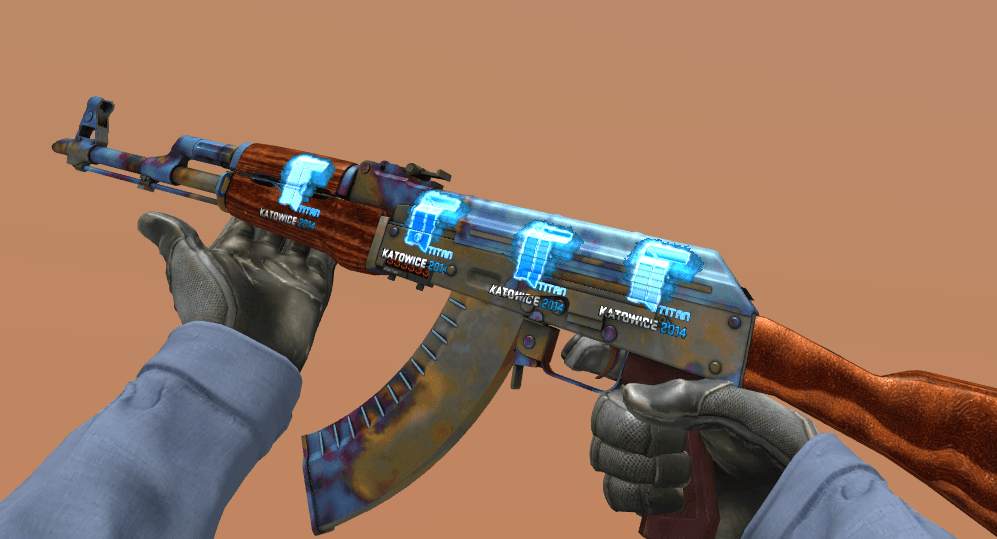
This has led to certain skins selling for insane amounts of money. The current biggest deal involved a “blue gem” AK-47 with four Katowice 2014 Titan holo stickers, which sold for almost $800,000 in 2022. There have plenty of other high-budget deals involving AWP, M4, and pistol skins. The most expensive skin in CSGO is widely considered to be a specific blue gem Karambit that is best-in-class in nearly every aspect. It hasn’t sold recently, but it’s valued at well over $1 million.
The insane price tags associated with blue gems and Dragon Lores are enough to make jaws drop, but it's important to understand that the average CSGO skin is worth essentially nothing. The vast majority of skins can be purchased for just a few cents, and players can buy factory new StatTrak™ skins for nearly every gun for under a dollar. The sea of cheap skins is a big part of why expensive cosmetics stand out so much.
CSGO is the most developed esport in 2023
Thanks to its global player base and long history of competitive play, Counter-Strike is arguably the most established esport in the world.
This is because both Valve and several third-party companies have an interest in hosting events for the game. BLAST and ESL are the two major companies, and each one puts out millions of dollars in prize money every year. They also both run independent circuits with their own major events.
In addition to constant third-party events, Counter-Strike developer Valve also hosts its own competitive series called the majors. Majors usually take place twice a year and feature massive prize pools and in-game participation for players. Winning a major is equivalent to winning a world championship in other esports, and only the greatest teams of all time are able to accomplish the feat.
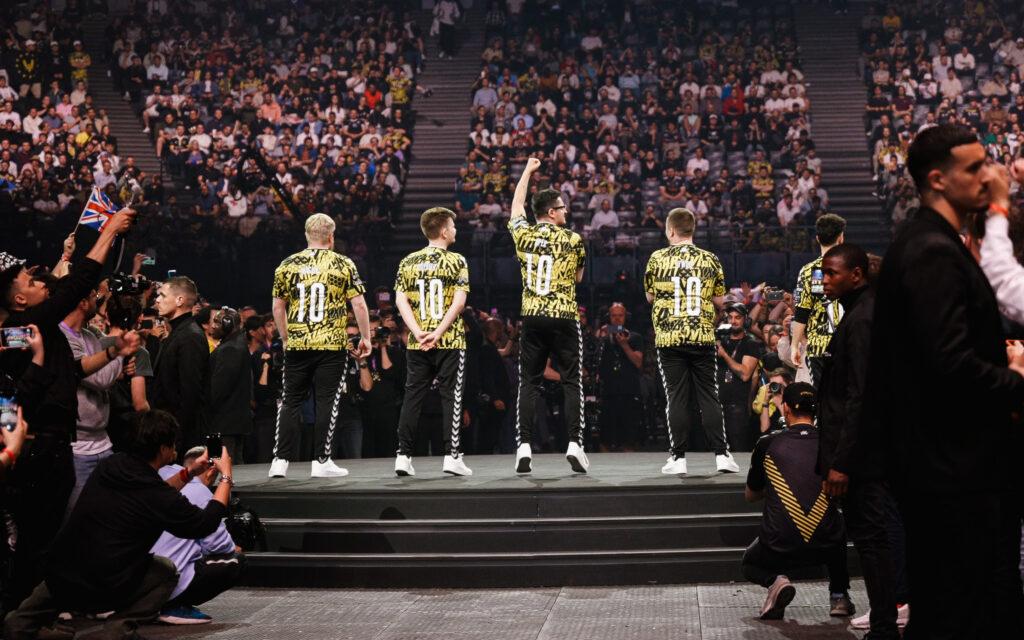
In terms of regions, Counter-Strike is safely dominated by Europe. The vast majority of top-level pro players live in Europe, and the region also hosts the majority of tournaments as a result. Certain countries are especially dominant thanks to bustling national circuits. Russia, France, and especially Denmark all have tons of representation at the top level of the game.
However, there are usually one or two teams from other regions that can put up a fight. North America has won majors in the past, and Counter-Strike: Global Offensive was briefly dominated by teams from South America. Oceanic teams can sometimes pull off an upset, and China can occasionally field teams at majors.
The state of Counter-Strike in 2023
Counter-Strike has reached a fever pitch in 2023 thanks to the reveal of Counter-Strike 2.
In March of 2023, Valve revealed the newest evolution of the Counter-Strike franchise with CS2. The new game is a port to Source 2, the more recent version of Valve’s proprietary engine. It will also feature a ton of new content, including major gameplay changes with new smoke mechanics and enhanced graphics. Notably, Valve has clear intentions to preserve as much of the game’s feel and flow as possible, which is a break from most other new esports. The company even released a limited beta test for the game, though access is exceedingly rare.
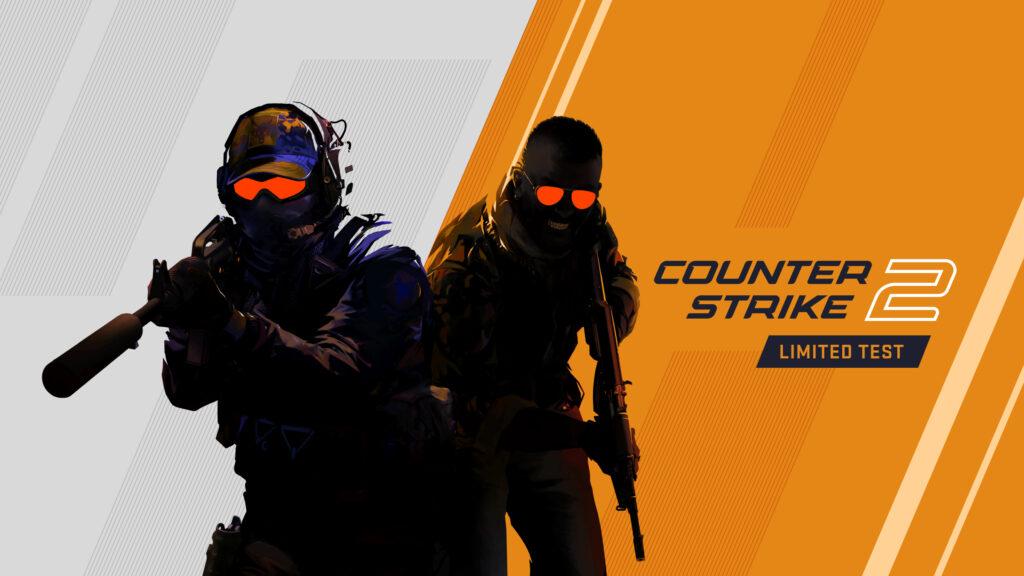
Fan response has been overwhelmingly positive. The game’s player count has surged higher than ever before, with well over 1 million players logging in every day. Skin prices have bumped up, and the developer has already confirmed that majors will return for the new game. While the best time to get into Counter-Strike was in the early 2000s, the second best time is in 2023.

